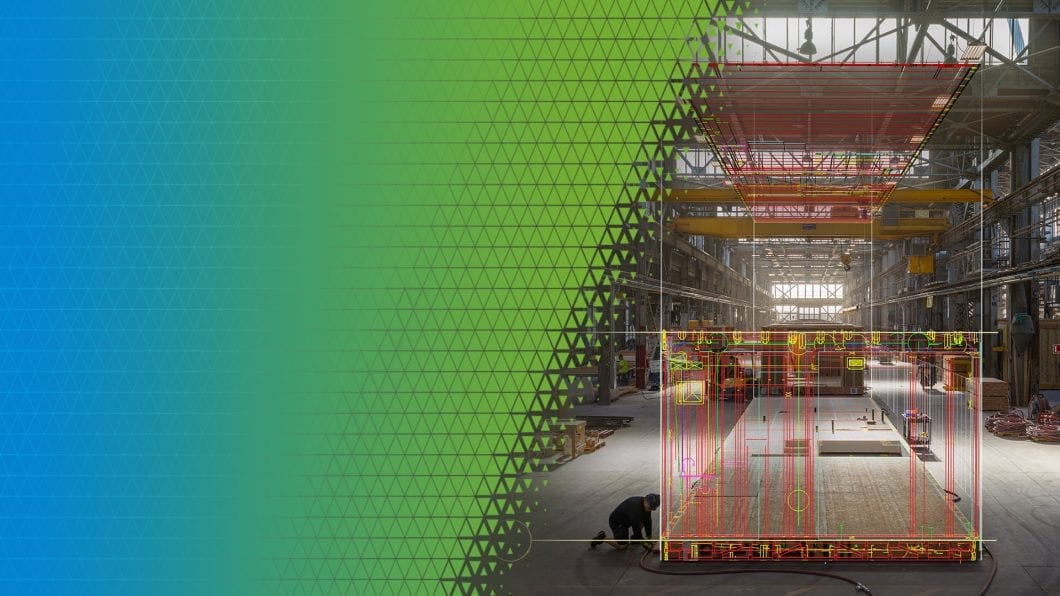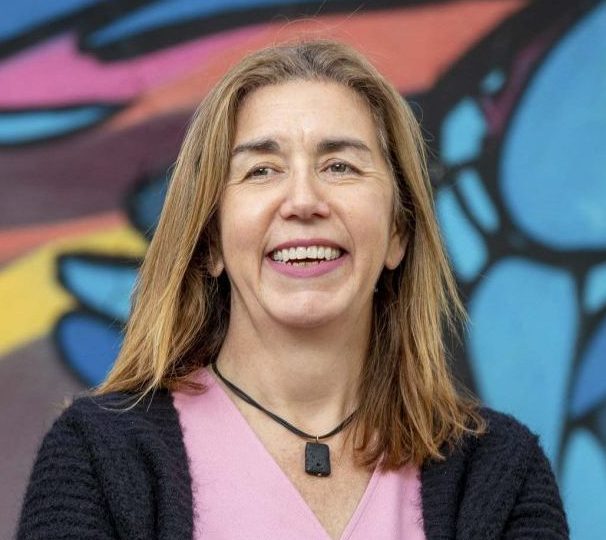
Autodesk recently launched their findings on research into Europe’s sustainability advances in a report titled Digital Sustainability: The Path to Net Zero for Design & Manufacturing and Architecture, Engineering, & Construction (AEC) Industries. The study focuses on the important role digitalisation plays in moving companies in UK, Ireland, Nordics, and Benelux along their sustainability journey and explores how they are achieving and meeting their net zero goals.
To launch this new report which was developed in partnership with consultancy Frost & Sullivan, a virtual event brought colleagues from across the AEC and manufacturing industries together to discuss how organisations can accelerate sustainability to deliver better outcomes for their customers and the environment.
“Accelerate Sustainability” was jam-packed with a range of speakers from across the AEC industries all with a shared common goal – a passion to advance sustainable ways of working across their sectors through better use of technology. The event kicked off with a keynote presentation from Lynelle Cameron, VP of Sustainability at Autodesk. Lynelle is also the CEO and President of the Autodesk Foundation which supports the design and creation of innovative solutions to tackle the world’s most pressing social and environmental challenges.
The first session of the day, titled “Spotlight on Sustainability for AEC & Manufacturing in Europe” gave an overview of the research report’s findings including presentations from Joachim Dekker, Senior Head of AEC, Nordics & Poland, Autodesk, Asif Moghal, Senior Market Development Manager, Design & Manufacturing EMEA, Autodesk and Mike Pettinella, EMEA Director, Autodesk Construction Solutions, Autodesk. The team shared insight into the state of sustainability in each of their sectors in light of the report findings.
Did you know that firms in Northern Europe are taking strong action to reduce their environmental footprint, and 83% have a dedicated sustainability team?
This means business leaders are investing in better workflows, technology and software that improves sustainability outcomes. However, the research found that a lack of resources, skills and technology can impair firms' progress towards a more sustainable future. Demand is high for partnerships that can help firms improve collaboration, monitor supply chain sustainability and deliver data and insights.
The event then moved into breakout sessions with European business leaders and Autodesk subject matter experts diving deeper into the trends identified in the report. Themes that were discussed ranged from the role digitalisation plays in shaping the sustainability agenda, exploring how we business can measure environmental impact and the power of robotics in sustainability advancements.
Speakers shared their insights into how they approach sustainability in their own organisations, including sharing best practice approaches and advice. One thing that was clear across all of our speakers is that the time to act is now, we mustn’t waste any more time developing a perfect strategy or waiting for the secret ingredient when it comes to sustainability, but need to take action immediately. Customer Success Manager for Autodesk, Kristina Poluyanova hosted a session focusing on the role digitalisation plays in shaping the sustainability agenda. Joined by Norconsult’s Marius Jablonskis, Technology Manager and Janicke Poulsen Garmann, EVP for Norway and Sustainability, who shared their experience of building on employee advocacy whilst Dale Sinclair, Director of Innovation at AECOM discussed the future of paper-free drawings and the integral role a common data environment plays in the sustainability journey of a project.
For Autodesk’s Marek Suchocki, Industry Engagement Lead, optimising the design and build process is crucial when it comes to sustainability. Making decisions about materials, energy consumption and innovation often happens too late in the project process. Mattias Goldmann, Chief Sustainability Officer at SWECO likened Europe’s Green Deal to the US’s ‘man on the moon movement’ and discussed the important role of setting ambitious sustainability key performance indicators (KPIs). Mattias believes that embedding sustainability KPIs in projects can have significant positive impact. 47% of those surveyed for the report across the AEC sector want to simplify the capture and reporting of sustainable approaches. Jaimie Johnson, Head of Global systems for Bryden Wood discussed the role standardisation, design for manufacturing and assembly plays in the construction process showing the opportunities that come with the AEC, design and manufacturing industries becoming more integrated. Sharing sustainability best practices, coordinating multidiscipline workflows and revealing economies of scale supports this.
When it comes to sustainability, the role of robotics isn’t always the first thing that may spring to mind but Asbjorn Sondergaard, Co-founder and CTO of Odico shared more information on the power that robotics and AI have to move forward sustainable practices across the AEC sector. Odico is a pioneer in robotics and digital manufacturing looking to modernise the construction industry using robots. From using robots to develop more sustainable building materials to utilising robots directly on construction sites to speed up efficiency and improve safety along the way, sustainability is at the heart of this innovation. Focusing on adapting materials and assembly of materials using robots, means more time is freed up for construction professionals to focus on better project delivery and working collaboratively to integrate sustainable ways of working into their project.
Finally, “Accelerate Sustainability” finished off with a panel discussion hosted by Amy Marks, the exploring circularity across the supply chain in AEC and manufacturing. It was clear to the panel that the convergence of AEC, design and manufacturing offers a unique opportunity to share best practice, learnings and build iteratively on more sustainable ways of working. The question for firms is no longer; “why should we do this?” but more so; “why aren’t we doing this?” And there has never been a better time to get started.
Join our LinkedIn Live episode on Wednesday 21 April where we’ll explore the drivers, challenges and innovations that firms in Northern Europe are experiencing in the goal of becoming more sustainable. Join Autodesk’s VP of Sustainability, Lynelle Cameron, as she hosts the panel with special guests Mattias Goldmann, Chief Sustainability Officer at Sweco and Annie Heaton, Head of Sustainability at ArcelorMittal. Register your interest here.

May we collect and use your data?
Learn more about the Third Party Services we use and our Privacy Statement.May we collect and use your data to tailor your experience?
Explore the benefits of a customized experience by managing your privacy settings for this site or visit our Privacy Statement to learn more about your options.